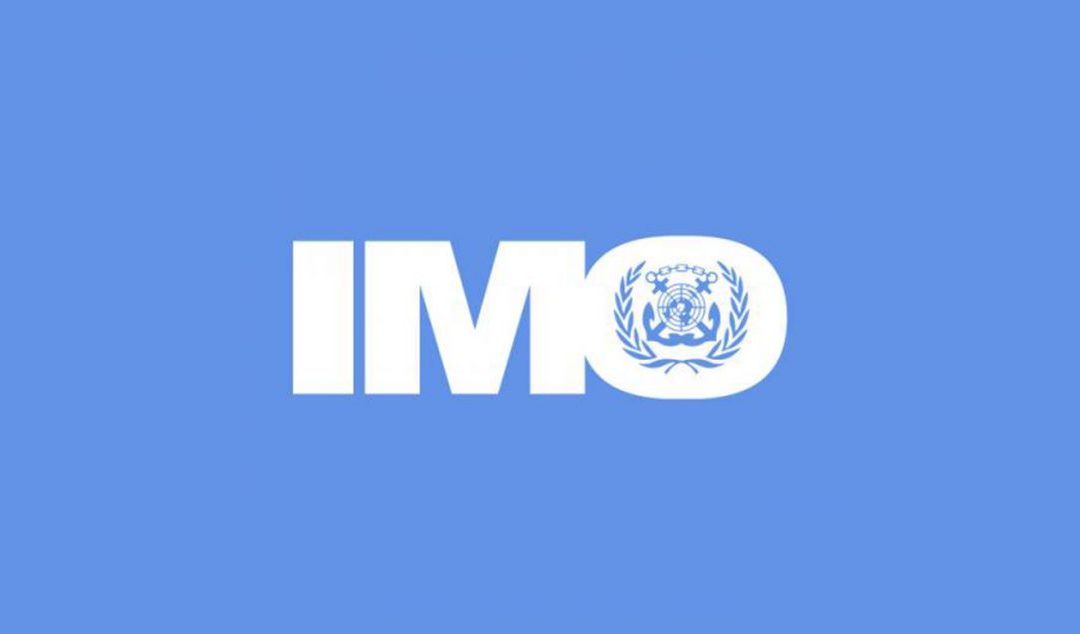Responding to international calls for action, the UN’s International Maritime Organization announced that it will convene an extraordinary council session to address the impacts on shipping and seafarers of the situation in the Black Sea and the Sea of Azov. The move comes as fear grows for the safety of seafarers trapped in the region and especially near Odesa, which analysts believe may be the target of an imminent amphibious and land assault.
This week has seen the first merchant ship sunk during the conflict and the first confirmed death of a seafarer killed by a missile attack while he was on watch aboard a ship anchored off Ukraine. There is a long list of dangers for the IMO member states to discuss. Ukraine closed its seaports effectively trapping merchant ships without the services such as tugs and harbor pilots to depart and straining the ability to reprovision the ships. NATO has warned that the waters around Ukraine may well be mined while security analysts have urged ships capable of departing to move outside the newly declared “warlike area” in the northern Black Sea. Equally concerning are the thousands of Ukrainian and Russian seafarers away from home working at sea as well as seafarers in the combat zone that will not be able to reach their jobs on ships.
After the Russian assault on Ukraine began on February 24, IMO Secretary-General Kitack Lim said he was “gravely concerned about the spillover effects of the military action in Ukraine on global shipping.” Then as the humanitarian crisis continued to unfold, Lim issued a statement saying “I fully support and stand with UN Secretary-General António Guterres’ call for hostilities to cease immediately,” but the IMO like the UN can only comment and make resolutions for the safety of seafarers.
The IMO’s session will be held on March 10 and 11 as a remote session. The council consists of 40 countries elected to represent the global maritime community but other nations including Ukraine will be able to submit statements to the IMO Council.
News of the session comes as an analysis by Bloomberg estimates that there are 140 vessels currently stranded in or near Ukrainian ports. The German Shipowners’ Association estimated a similar number of around 100 cargo ships unable to depart from their ports in the Black Sea and the Sea of Azov.
Bloomberg calculates each of the large, ocean-going ships has an average of 20 crewmembers “implying well over 1,000 seafarers would be stuck.” It is unclear if they also included the smaller, coastal and regional cargo ships, such as the Helt sunk yesterday with a crew of six aboard. Estonian officials reported that all the ship’s crew was rescued.
The German Shipowners’ Association (VDR), like many global organizations, condemned Russia’s attack on Ukraine calling on Russia to protect merchant ships and seafarers. President of the VDR Gaby Bornheim said “We demand that all ships and their crews be allowed to leave the conflict zone unharmed. Russia must respect the freedom of navigation. Uninvolved merchant vessels must not be attacked.”
Some countries and shipping companies have taken action. There had been calls for Bangladesh to get its seafarers out of the war zone. After the third engineer aboard the Banglar Samriddhi was killed in the missile attack on Wednesday, the country’s Foreign Ministry and Ministry of Shipping acted. The 28 crewmembers and the body of the engineer were removed from the vessel, abandoning the ship, and taken to a safe location. They were making arrangements to take the seafarers to Moldova or another neighboring country and to move them to Romania to repatriate them.
Source: The Maritime Executive






